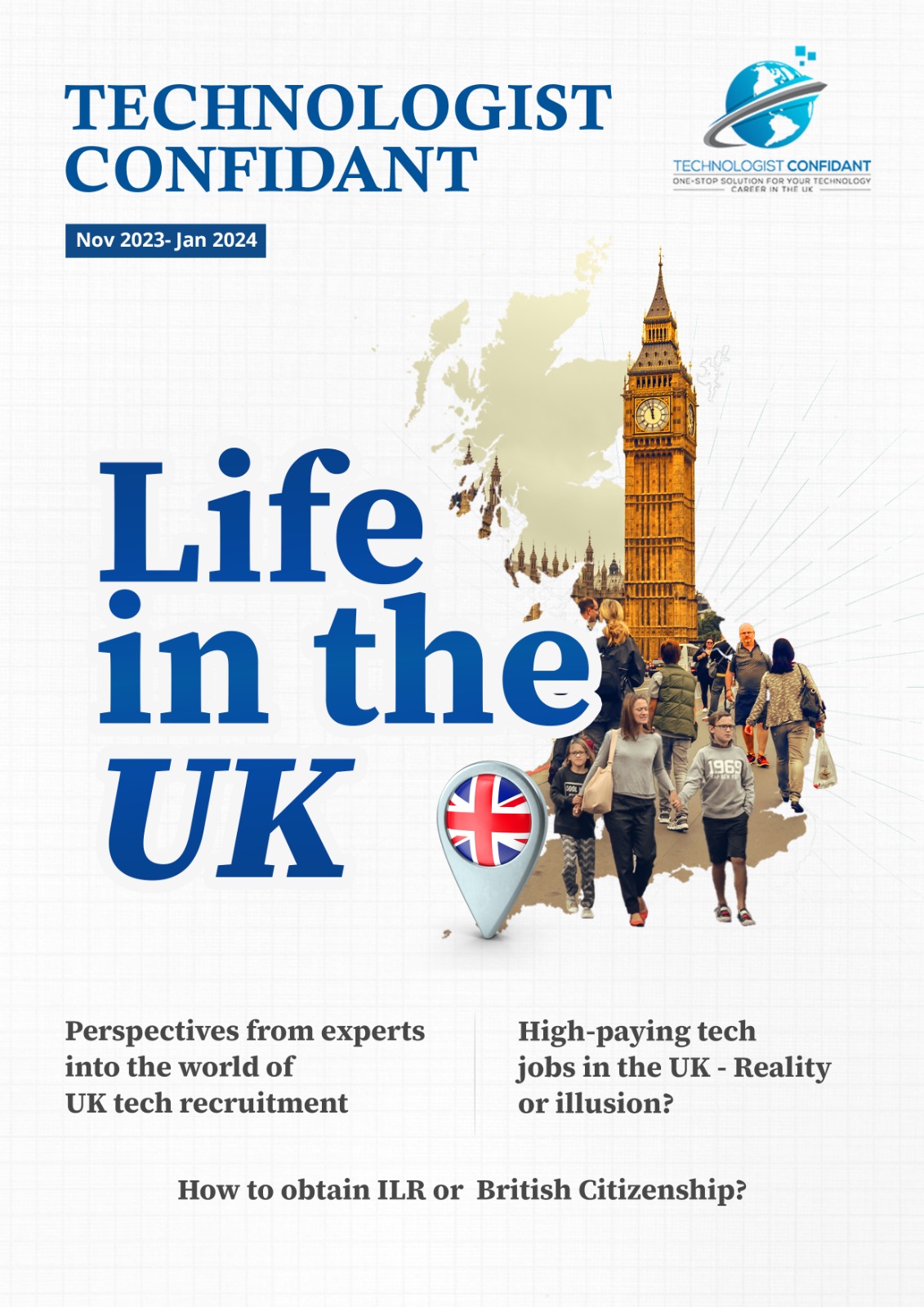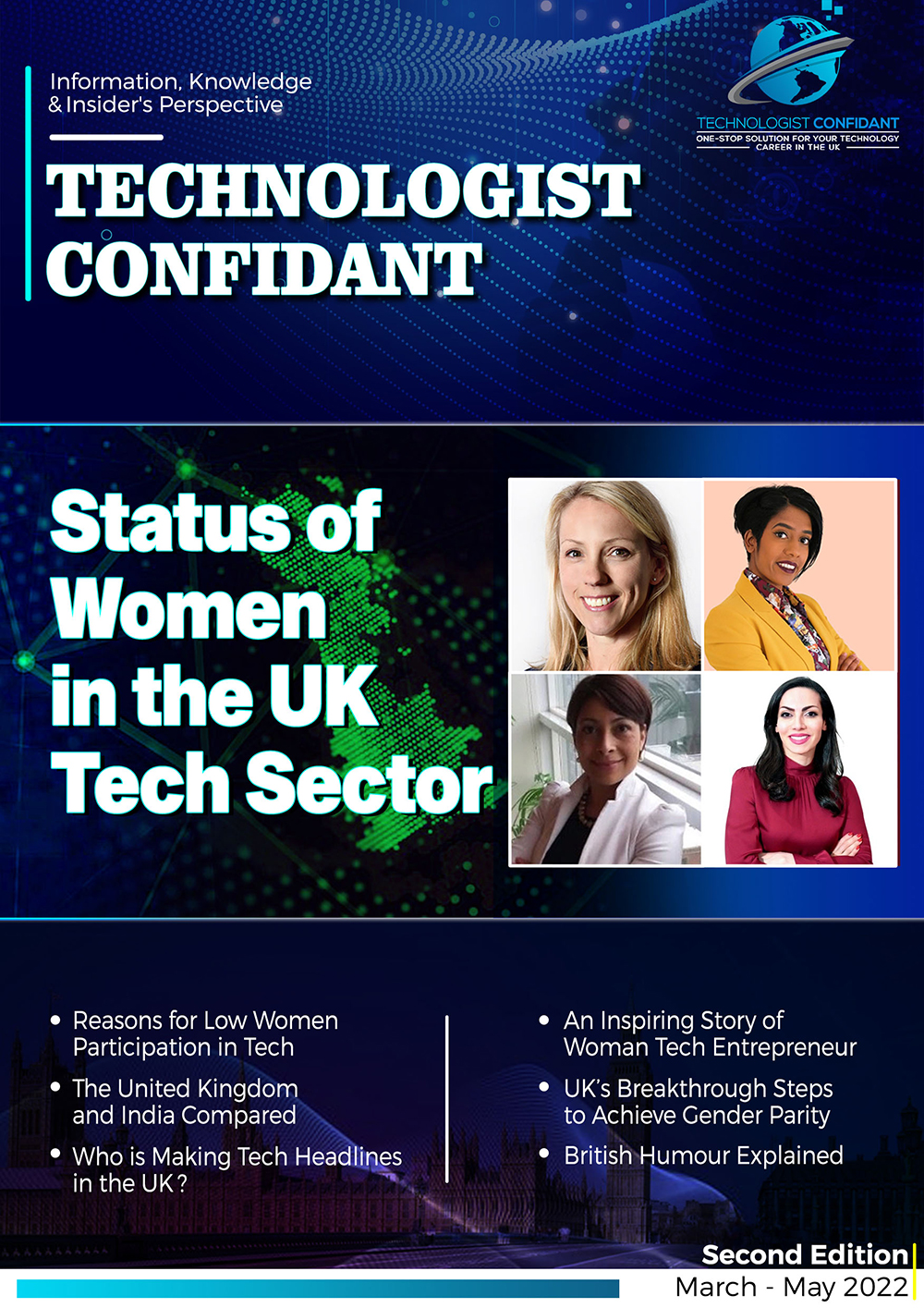The United Kingdom is home to a diverse range of cultures and nations, and it is traditionally quite open and accepting to immigrants. However, understanding some of the cultural standards connected with British people is still beneficial. To interact with colleagues or business partners, one must understand their views, beliefs and fundamental principles of British business culture. Any ignorance in this case may cause a cultural barrier, obstructing communication and jeopardising the effectiveness of the company's operations in a foreign country.
To describe the fundamental principles of business culture in the UK, the British consider four pillars namely courtesy, politeness, discipline and punctuality.
However, foreign business partners, business owners or entrepreneurs might view their British colleagues to be overly courteous initially. When asked for their honest opinion, people in the UK do not typically criticise or outright complain in public or even offer negative feedback, regardless of whether these remarks are justified. Reading between the lines and seeking out the honest thoughts of relevant people is therefore essential. Similarly, businesspersons must ensure that their messages are precise, leaving no space for assumptions or hidden meanings that could be misconstrued.
Establishing business relationships
Most British and business people seek long-term connections with those with whom they do business and will be wary if one appears to be looking for a quick deal. As a result, it is advised to network using a third-party introduction and to start business relationships for long-term company success. A pub is often considered the best place for first introduction, connecting with people and start a business relationship followed by a formal meeting at an office.
Formal rituals surrounding business meetings
Although there aren't many formal and structured meeting rituals, there are a few frequent behaviours that will help anyone fit in. The British are accustomed to interacting by email and then engaging in more direct kinds of communication, such as face-to-face meetings and conference calls. It is preferable to send an email directly to the person in question, using their official title and full name, and in a formal tone. Before setting up a meeting, the British would want to get to know you and understand what you have to offer. As a result, the email seeking an initial meeting should address the unique needs of the department and explicitly state the meeting's objectives. It should be sent at least a couple of days ahead of time.
Firm handshakes
Handshakes are the most usual way for both men and women to greet each other. A brief yet strong handshake while maintaining a direct eye contact during greetings is appreciated. Women are more likely than males to extend their hand first when meeting someone of the opposing sex. If someone introduces oneself as "Mrs" or "Mr" with their surname, use these forms until asked to use their first name. It's also acceptable to make some small conversation before the meeting officially begins. The weather and your journey to the meeting are two common themes. Whoever is hosting is usually in charge of transitioning from casual discussion to business topics.
Adhering to Punctuality
"Manners maketh man" - this idiom indicates that a person is assessed based on how they treat others. This phrase comes from the UK, and it merely emphasises the significance of good manners in British society.
While welcome is one method to demonstrate manners, timeliness is also essential. Always arrive at meetings on time, ideally five minutes early. This habit can help establish a good first impression and get the meeting started right away. Reporting late or attending a meeting a bit later than the proposed time, make sure to contact ahead of time to notify the correct personnel and provide an alternate time for the meeting.
Finally, if your meeting is going to run for a specific time, commit to it. Make sure the meeting concludes on time since meeting attendees might need to be someplace else. It is essential to respect people's time since the busier they are, they are more likely to leave for another commitment.
The Custom of Gift Giving
Presenting a gift is not common in British business norms; however, while exchanging presents, reciprocation is expected. Businesses in the UK are advised not to donate, while others are legally prohibited from doing so. When a gift is given, it is crucial to ensure it is neither too costly to be considered a bribe nor too cheap to be considered an insult. Mementoes from the visitors' country, company's greeting cards, journals, wine, flowers, pencils, books, or invites to a cultural event are just a few examples of appropriate presents. While receiving a present in public, one must open it right away and appreciate the giver for their thoughtful gift.
It is not customary to exchange business presents at Christmas; sending a greetings card to convey gratitude to your business colleagues is still a good gesture. On the other hand, successfully closing a deal provides an excellent chance for gift-giving to acknowledge the event. Such presents should ideally be made of gold, silver, or porcelain.
Although it is not conventional to give corporate gifts around Christmas, sending a greetings card to express gratitude to your coworkers is indeed a lovely gesture. Successfully finishing a contract, on the other hand, provides a fantastic opportunity for gift-giving to commemorate the occasion. Gold, silver, or porcelain are appropriate materials for such gifts.
It is customary to bring a bottle of wine and maybe a modest gift, such as flowers or chocolates if getting an invite to dinner or a party at the house of one of your work colleagues. Red roses (which imply passionate intentions) and white lilies (which signify grief and funerals) should be avoided when gifting flowers.
Doing negotiations in British style
It is critical to back up your arguments with facts and data and to avoid making inflated statements. Business proposals should emphasise win-win situations. Because the British are likely to be discreet about their final offer, it is best not to reveal your position too soon.
Furthermore, it is best not to sound unduly scripted during negotiations, as most British people are sceptical of smooth social practices. Having said that, being courteous is incredibly important, to the point where most British prefer indirect communication, especially when dealing with unfavourable material. To express their disagreement with you, they may use ambiguous phrases, humour, or non-committal agreements. They are also masters of euphemism and avoid using flowery words. You can look more agreeable and avoid coming across as unpleasant or egotistical by utilising indirect speaking yourself.
Dress Code for Business
Both men and women in British culture are expected to dress smartly and formally. Men usually adhere to traditional suit culture, whilst women adhere to an elegant dress code that includes skirts and smart and traditional business outfits. Colours such as black, white, grey, and dark blue are worn in the workplace, but bright colours are a big no. In British society, high-end designer shirts, silk ties, custom suits, and luxury hand-made shoes and bags are symbols of riches and prestige.
However, several firms have established a dress down rule that allows employees to dress in smart casual if no clients are planned for that day. When travelling to work in the UK, it is typically good to have a raincoat or an umbrella because the weather may be somewhat wet at times.
Offering Bribes and Corruption
Presumably, the British are an open society with relatively low levels of corruption due to a highly valued sense of justice. The United Kingdom ranks 11th out of 180 nations on the Corruption Perception Index (2021), with a score of 78. (on a scale from 0 to 100). According to this assessment, the country's public sector is largely free of corruption.
The activities involving bribery and corruption are highly frowned upon in the UK, and the odds of a bribe being accepted are little to none. The stakes are incredibly high, and attempting to bribe anyone is strictly discouraged.






